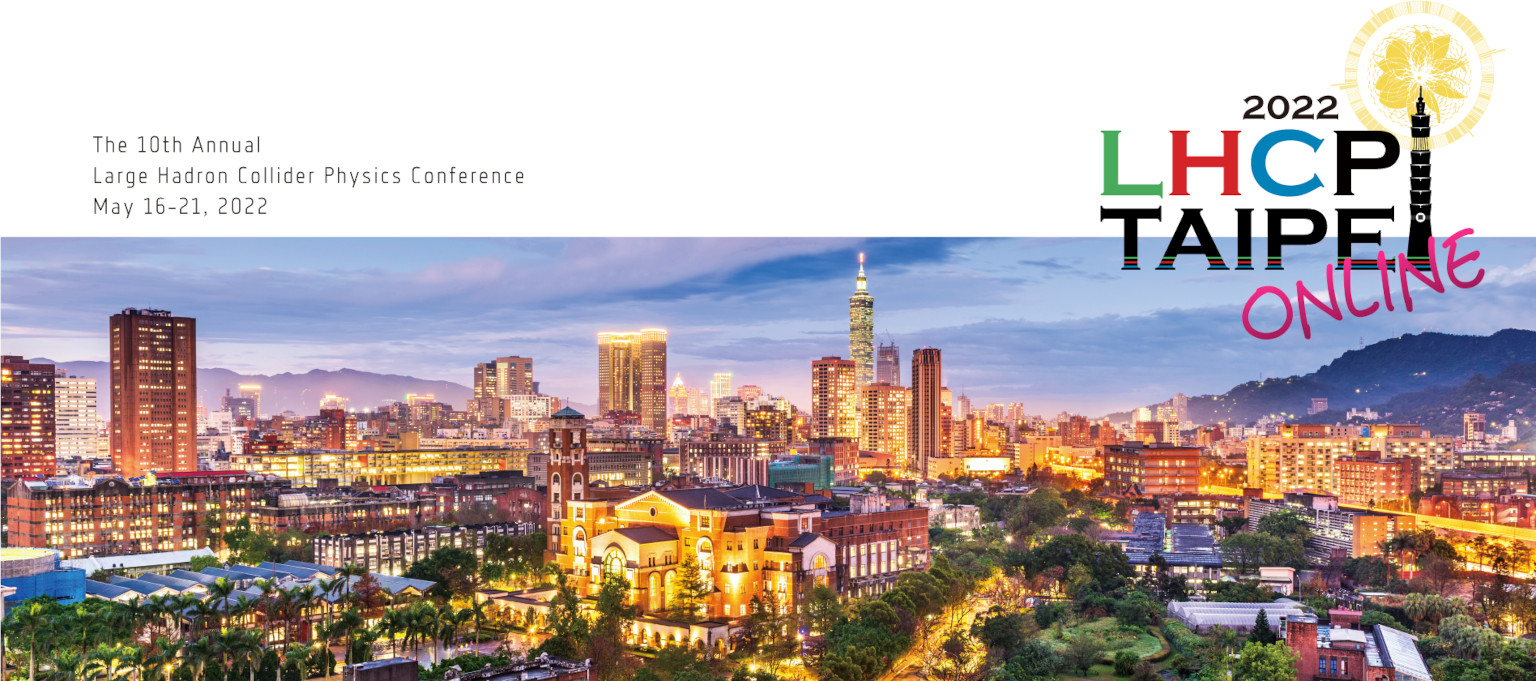Speaker
Description
The Large Hadron Collider (LHC) is the world’s highest energy particle accelerator, providing ultimately unique opportunities of directly searching for new physics Beyond the Standard Model (BSM). Massive long-lived particles (LLPs), which are absent in the Standard Model, can occur in many well-motivated theories of physics BSM. These new massive LLPs can decay into other particles away from the LHC collision point, resulting in unusual experimental signatures and hence requiring customized and complex experimental techniques to identify them. Previously, the ATLAS experiment did not have dedicated triggers to explicitly identify massive LLPs decaying in the inner tracking detectors using tracking information. To enhance the sensitivity of searches, a series of new triggers customized for various unconventional tracking signatures, such as "displaced" tracks and short tracks which "disappear" within the tracking detector, have been developed and will be utilized in the upcoming Run-3 data taking starting from 2022. The development of these triggers and their expected performance will be presented.




